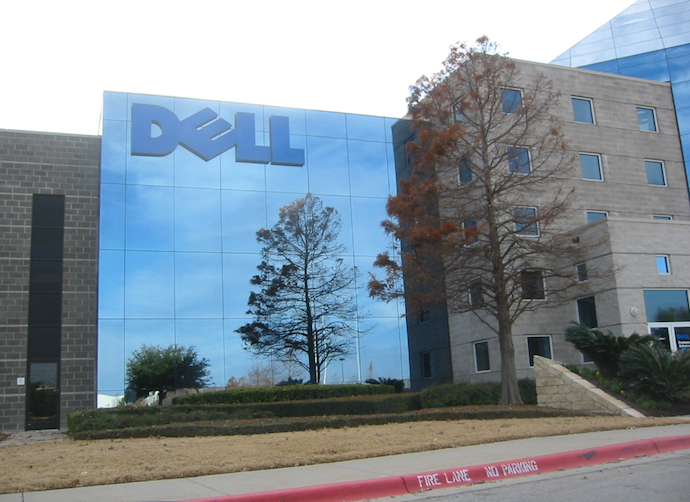Dell Deal In Flux

Image via Flickr/ phil schatz
The future of the current deal on the table to take Dell, Inc. (NASDAQ: DELL) private may be in jeopardy. Five months ago, Michael Dell, along with private equity firm Silver Lake Partners, announced a plan for a buyout valued at around $24.4 billion to take the company private. The deal values shares of the Company at $13.65. Michael Dell announced on Friday that he was unwilling to raise his bid any further. This news sent the stock down around 3% in trading on high volume on Friday. However, the price snapped back on Monday after a report from Institutional Shareholder Services that recommended shareholders accept the buyout.
A special committee appointed by the Company has recommended that stockholders accept the deal, or otherwise risk a further decline of the stock to a range from $6 to $8. There are reports that the committee had approached Michael Dell and Silverlake and requested that they raise their bid in order to allow the deal to go through. Thus, the news that the group would not increase their bid was interpreted as a bearish sign by the market on Friday.
The proposed buyout has encountered a lot of resistance from large shareholders of Dell, including hedge fund Southeastern Asset Management, as well as from well-known shareholder activist Carl Icahn. Icahn has recently built up an approximate 6% interest in the company. Icahn disputes that it is in the Company’s best interest to go private. Other hedge fund managers are taking a different type of position in Dell. Famed short-seller Jim Chanos revealed in March that he is shorting Dell based upon what he viewed as deteriorating financial fundamentals.
Icahn has recently stated that the Company is using scare tactics to try and convince shareholders to accept the deal. Icahn has set forth an alternative proposal, stating that he has secured $5.2 billion in debt financing to recapitalize the computer manufacturer. The second element of Icahn’s proposal is that Dell buyback 1.1 billion shares for $14 each. This alternative plan would leave a portion of Dell’s stock publicly traded.
Dell recently reported earnings of $0.21 EPS, on revenue of $14.07 billion which was down 2% from the prior year. This number was far below estimates of $0.35 per share. Sales in the PC computer segment fell 9% versus the prior year quarter, while enterprise sales grew about 10% to $3.1 billion. Dell had about $13.2 billion in cash and investments at the end of the quarter. The Company generates cash flow of about $3 billion per year.
Dell has been hurt by declining demand for PCs, and by failing to capitalize on the tablet and smart phone revolution. Computer sales dropped 14% in the first quarter of this year, the largest quarterly drop since that data began being tracked in 1994. Although Dell has made forays into the tablet market, it has not been successful in this area of computer hardware as of yet. The Company only sold a few hundred thousand of its XPS-10 and Latitude 10 tablets.
Dell’s share price is up around 30% year to date, but down around 7% since April. The stock price has been holding steady since the beginning of May. Since the proposed offer to buy the stock at $13.65 is on the table, the market has essentially pegged the share price to that number. Despite the comments of Chanos, there is a low short ratio of 1.54%, with 23 million shares being shorted as of June 14th.
There is also a shareholder meeting on July 18th which will also likely impact the deal. At this point, the positive ISS report supports the buyout agreement, as the market quickly gave back the losses









































